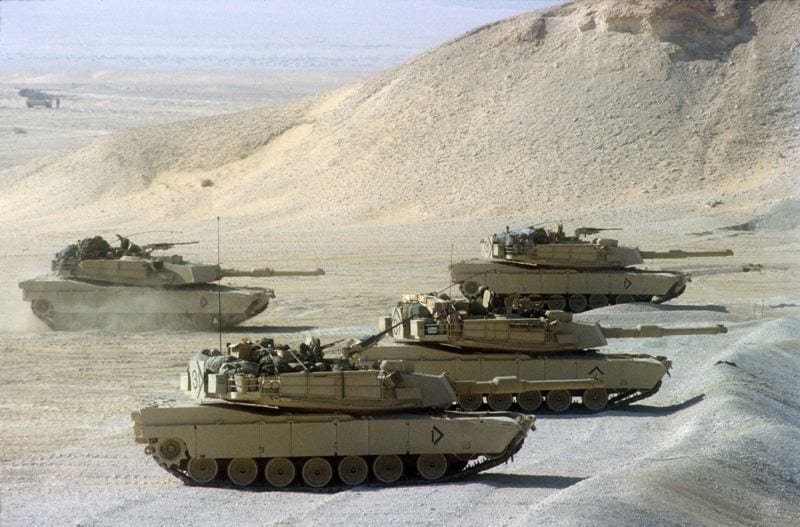

And as the soot and oil came to rest on the sand and gravel, they combined to create a layer of "tarcrete" that, according to NASA, covers almost five percent of Kuwait.Īccording to the BBC, when veterans first started reporting symptoms, the government claimed that it was psychosomatic. Due to the polluted air, outbreaks of respiratory and skin disorders began to afflict the local population, and hundreds of animals died as a result of breathing the oily air. There was also a great deal of soot and oil in the sky.

These lakes threatened migrating birds as well fresh water sources, with one report claiming that the oil lakes covered 60 percent of the desert.

This affected not only Kuwaiti oil production but also had devastating health and environmental effects.Įven after the fires were extinguished, there were hundreds of oil lakes remaining since some of the wellheads had gushed without igniting. According to The Gulf War Aftermath, between 1.2 and 7.5 million barrels burned per day, with a total emission of over one billion barrels of crude oil. The burning of the wells was part of Saddam Hussein's scorched earth policy, planning to leave nothing in his wake as his soldiers literally scorched the earth. Glaspie replied that, "We have no opinion on your Arab-Arab conflicts the Kuwait issue is not associated with America." While Glaspie would later say that the United States never thought Iraq would invade Kuwait, it seems that they did little to dissuade Iraq. Right before the invasion, Saddam Hussein asked US ambassador April Glaspie what the United States' opinion on Iraq's claim to Kuwait was. Meanwhile, the United States was aware of these disputes and was benefiting from the falling price of oil, and although the Bush administration was warned that aid to Iraq was being used to buy weapons, they continued to supply Iraq with aid and loan guarantees. When asked by Iraq to decrease their oil production, Kuwait refused, which was seen by Iraq as an act of aggression. Due to this overproduction, Iraq was unable to recover lost revenue from the years spent at war with Iran. Despite the quotas instituted by OPEC, Kuwait decided to be in charge of their own oil production and began producing upwards of two million barrels per day. As reported by Reuters, OPEC was already concerned about Kuwait's excess oil output in 1989.


 0 kommentar(er)
0 kommentar(er)
